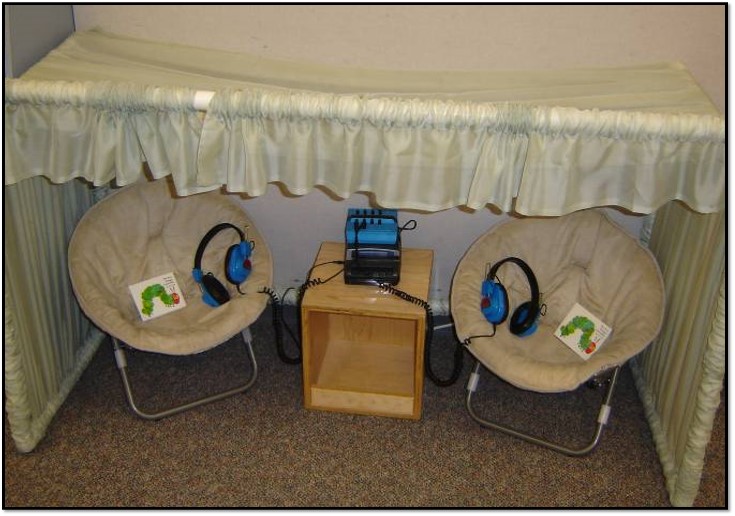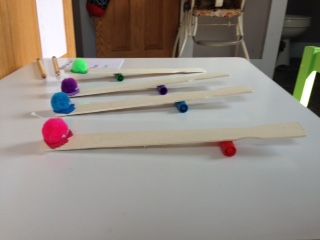Using Worksheets in Preschool is Problematic
Using worksheets in preschool classrooms is problematic. I was teaching a class recently, and I noticed a common theme. As much as teachers have heard that using worksheets in preschool is not appropriate, they seem to have a hard time letting go of them. Some teachers believe that worksheets have value to children. Others think they aren’t teaching if they aren’t using worksheets. These ideas could not be further from the truth.
You never want to get on a plane where the pilot learned to fly from worksheets.
Todd Whitaker
So what’s wrong with using worksheets in preschool?
Worksheets reduce children’s beliefs in themselves.
- Worksheets often have a “right” answer. Unfortunately, this also means they have a wrong answer. The wrong answer doesn’t help children learn. They now know what is wrong, but they may not understand why it is wrong. Or they may not know what the correct answer is. They have no way of using trial and error to find the correct answer. Children who see a lot of wrong answers may feel defeated in their ability. They may not see value in taking risks for fear of being wrong.
- Worksheets have a single, correct way to be used. Because of this, children aren’t using higher-order thinking skills. Concrete materials, on the other hand, support higher-order thinking. As a result, children can use trial and error to discover new solutions.
- Young children are concrete learners, which means they need tangible objects to learn a new concept. Worksheets are abstract. Young children’s brains are not able to create understanding from worksheets. Because of this, worksheets are not developmentally appropriate in preschool.
- Since worksheets can’t teach children at such a young age, that means the only thing they can do is present, or test, a concept that children already know. And if children already know it, then why are we wasting our time on it?
Worksheets discourage socialization and creativity among children.
- They don’t allow children to work together or collaborate on a project. At an age where social skills are critical and still forming, the activities in our classrooms should promote collaboration, not discourage it.
- Worksheets in preschool do not allow for creativity, divergent thinking, or the opportunity to display learning differently. Children need opportunities to engage in STEM, the arts, motor activities, and more along with their peers.
Worksheets do not take into account preschoolers’ brain development.
- They are task-oriented activities rather than learning activities. For example, when completing a worksheet, the goal becomes to finish the worksheet instead of understanding the specific concepts. Preschool should be about the process, not the product!
- Most often, all of the children in the class are working on the same worksheet. However, having all children do the same thing simultaneously goes against common logic. We know that not all children will be at the same level of development.
- Overly academic approaches may offer short-term success, such as children being able to recite alphabet letters or rote count, but this comes at a cost. For example, children from overly academic preschools schools may not have engaged in the types of higher-order thinking that create authentic learning. As a result, they don’t have a firm foundation for later success. They also have less time for social skills development and often show higher test anxiety levels than their peers from play-based schools.
Worksheets in preschool take away from meaningful learning opportunities.
- Worksheets waste valuable time and focus on teaching only rote skills (Volante, 2004).
- Teachers who use worksheets in preschool to portray a concept can achieve more meaningful learning through a hands-on, meaningful approach.
“If they can do the worksheet, they don’t need it. If they can’t, it won’t help them.”
Marilyn Adams
Letting go of worksheets in preschool creates more time in your classroom to allow children to explore their interests in a meaningful way. And when you allow children to make choices, they become more motivated. Motivate children, and you cause a release of dopamine in the brain. Unlike other neurotransmitters, dopamine is spritzed on the brain. As a result, it reaches more extensive areas. Motivate children, and you increase learning.
There are numerous ways to engage children in meaningful literacy, math, and science concepts without using worksheets. What are your favorite play-based activities?
Need more ideas on what to do instead of worksheets? Check out our great literacy courses!
Creating Your Literacy Curriculum – 3 hours
Learn how to create a great literacy curriculum for your classroom!
Moving Beyond Letter of the Week – 3 hours
Learn how to teach letters and sounds through a holistic approach.
Creating Neural Pathways for Literacy – 2.5 hours
Learn how to activate the letter-box region. You will leave with ideas for activities that create neural pathways for literacy.







